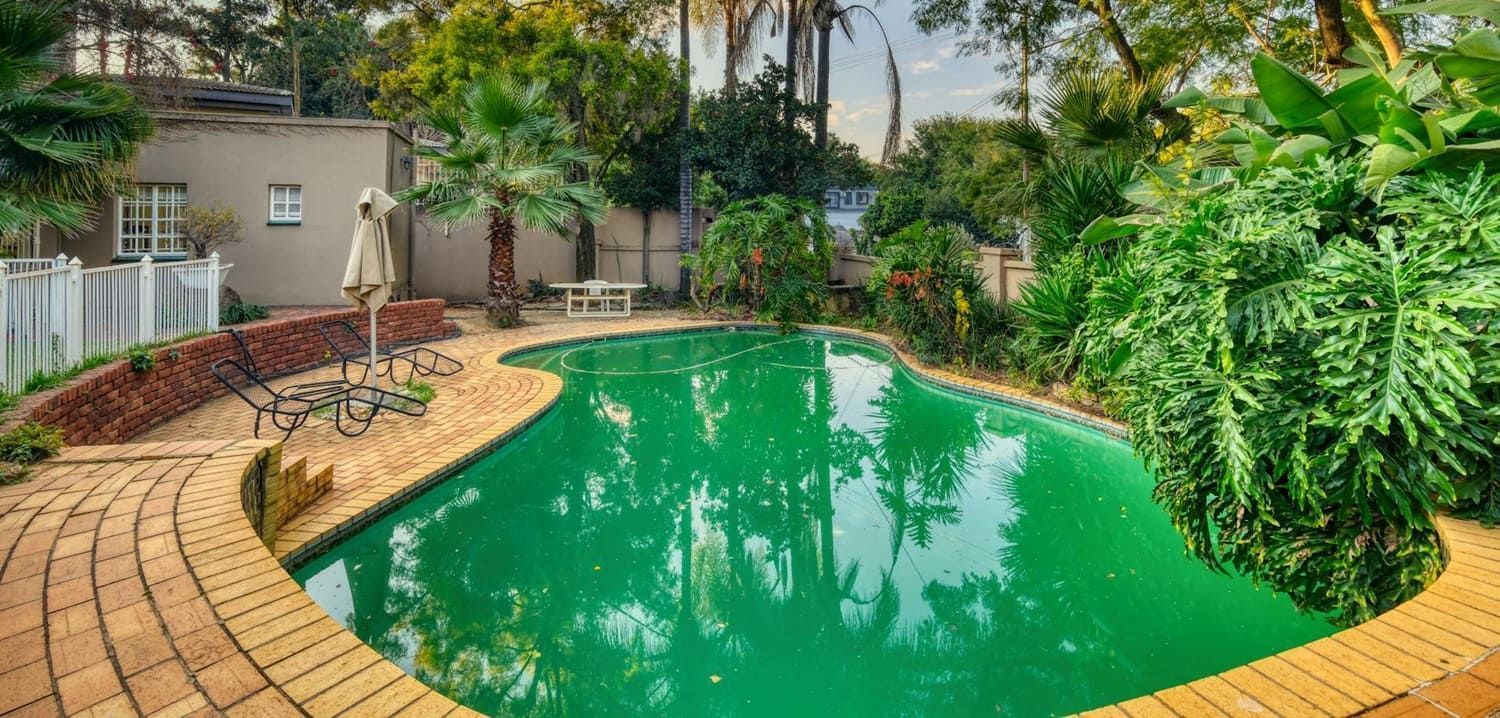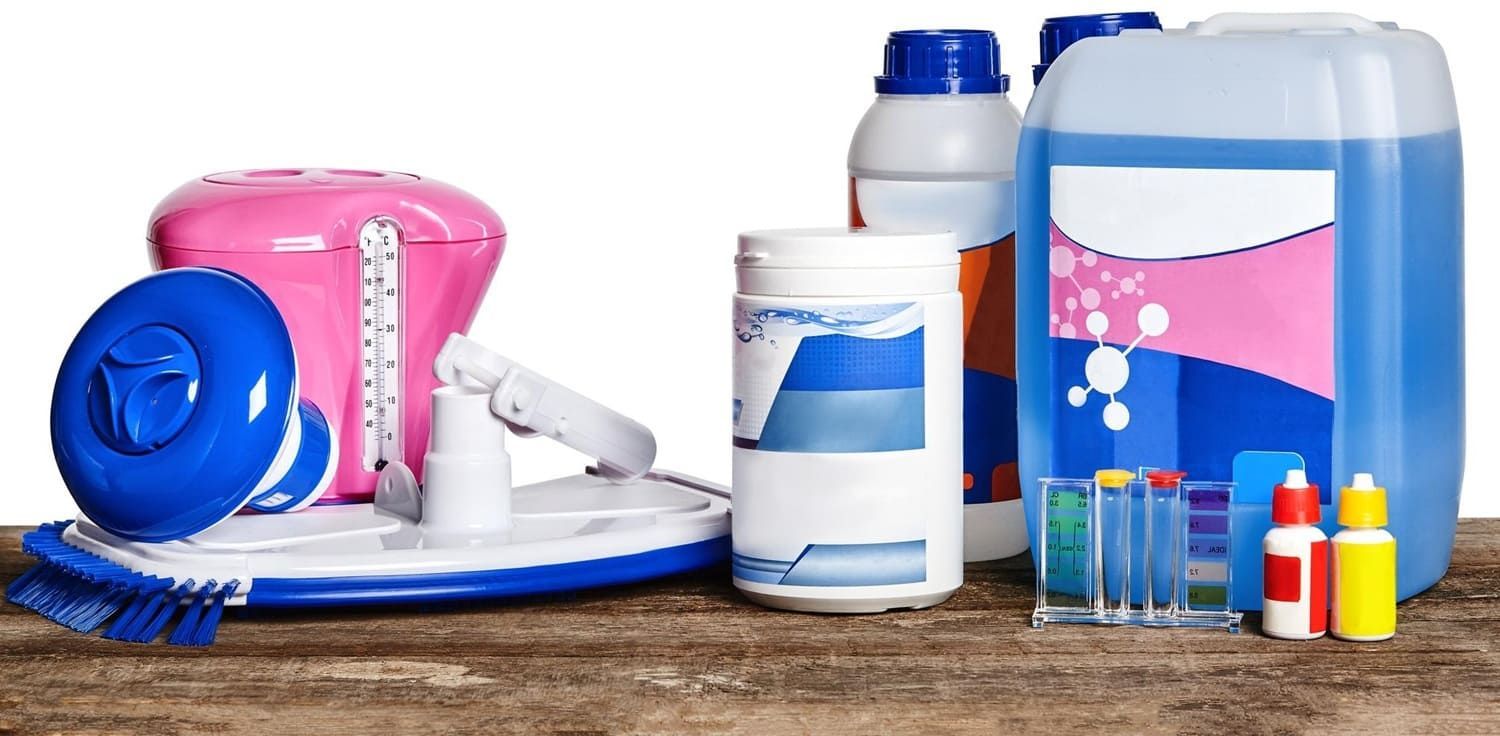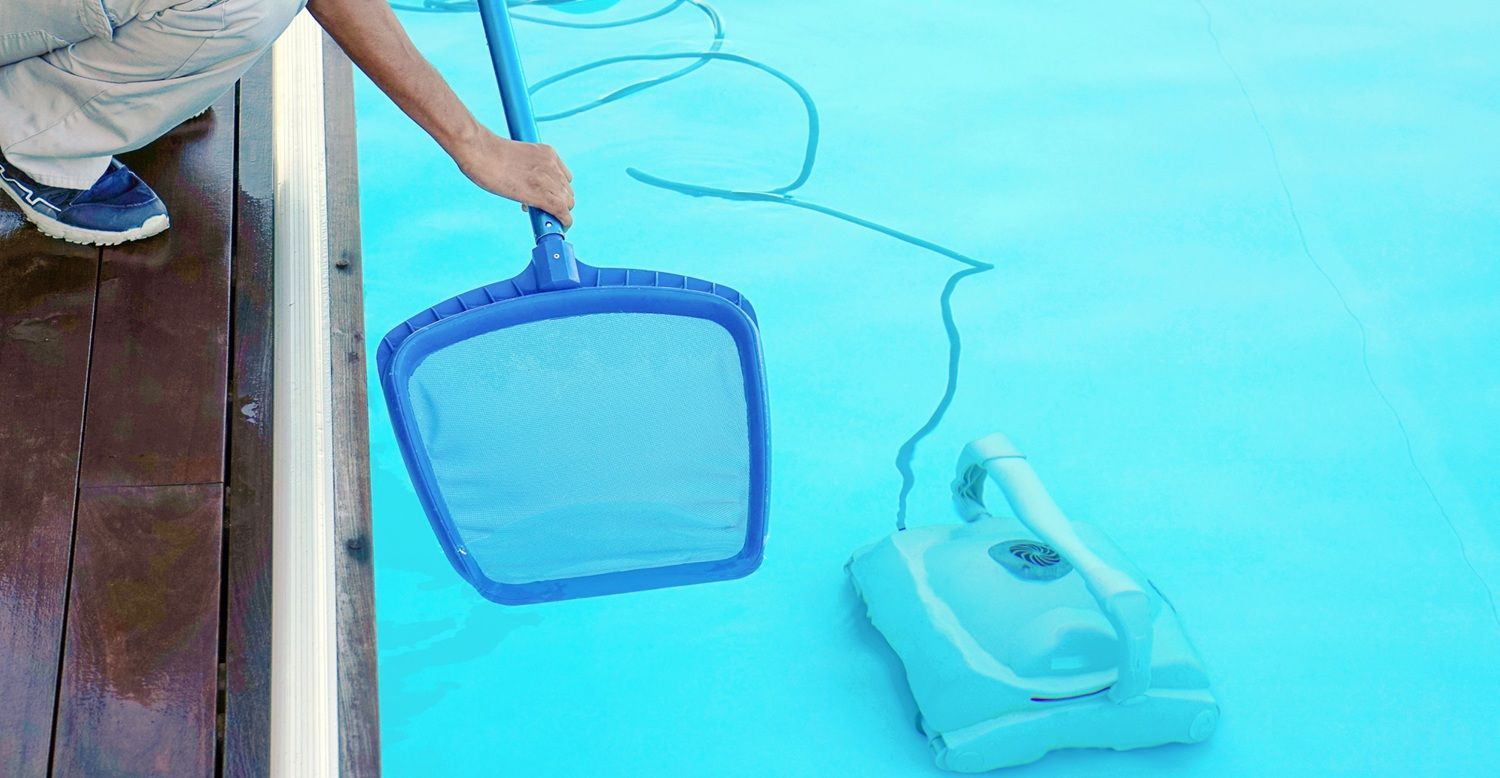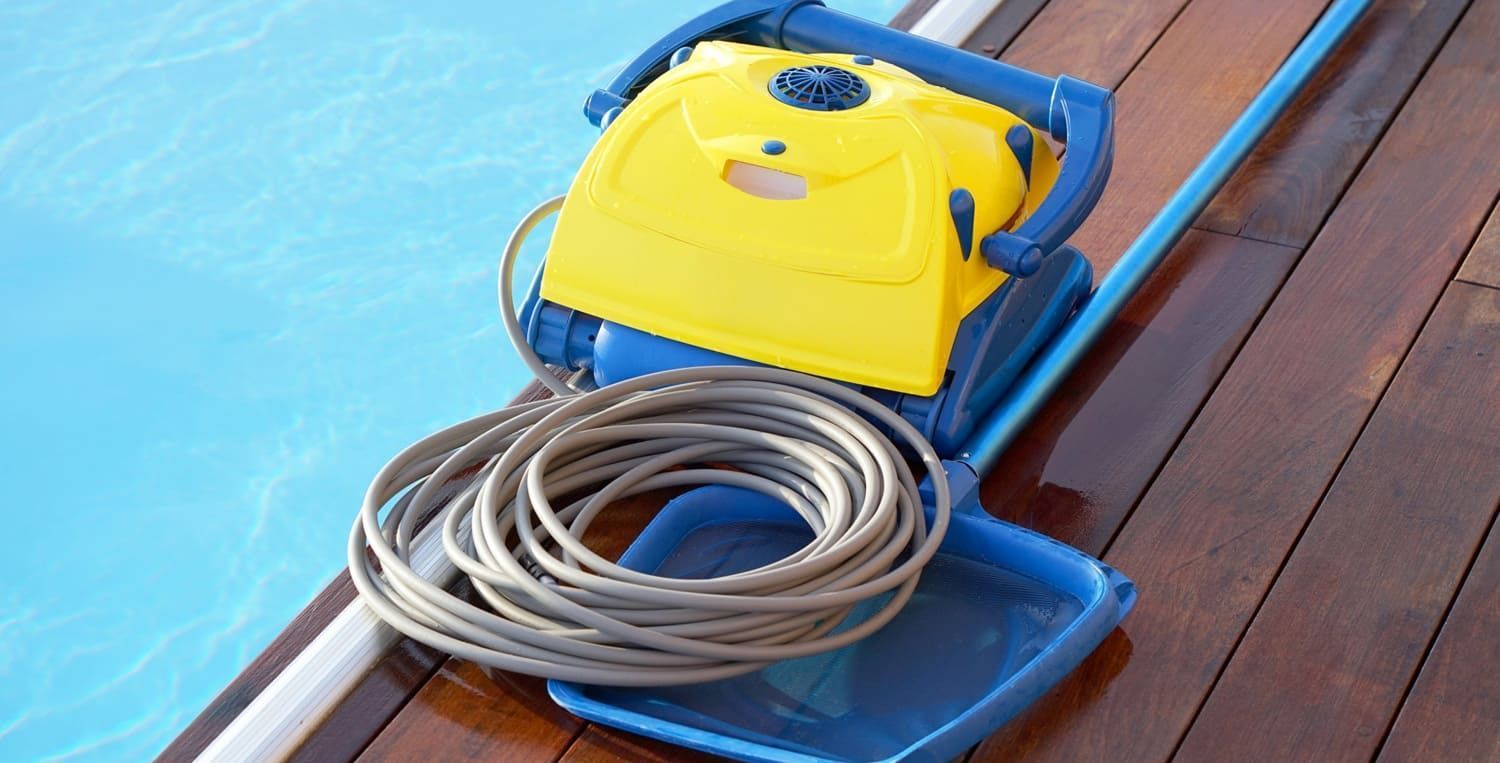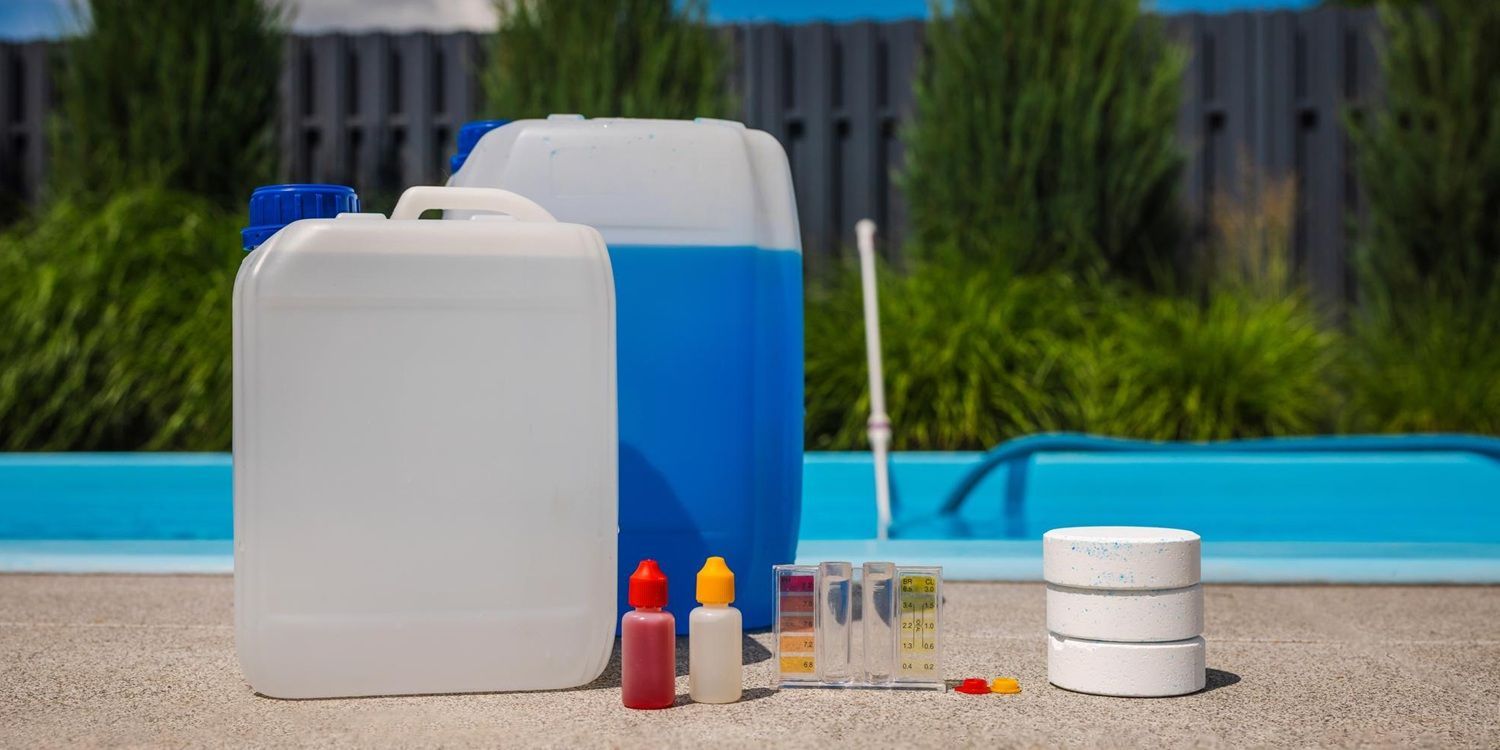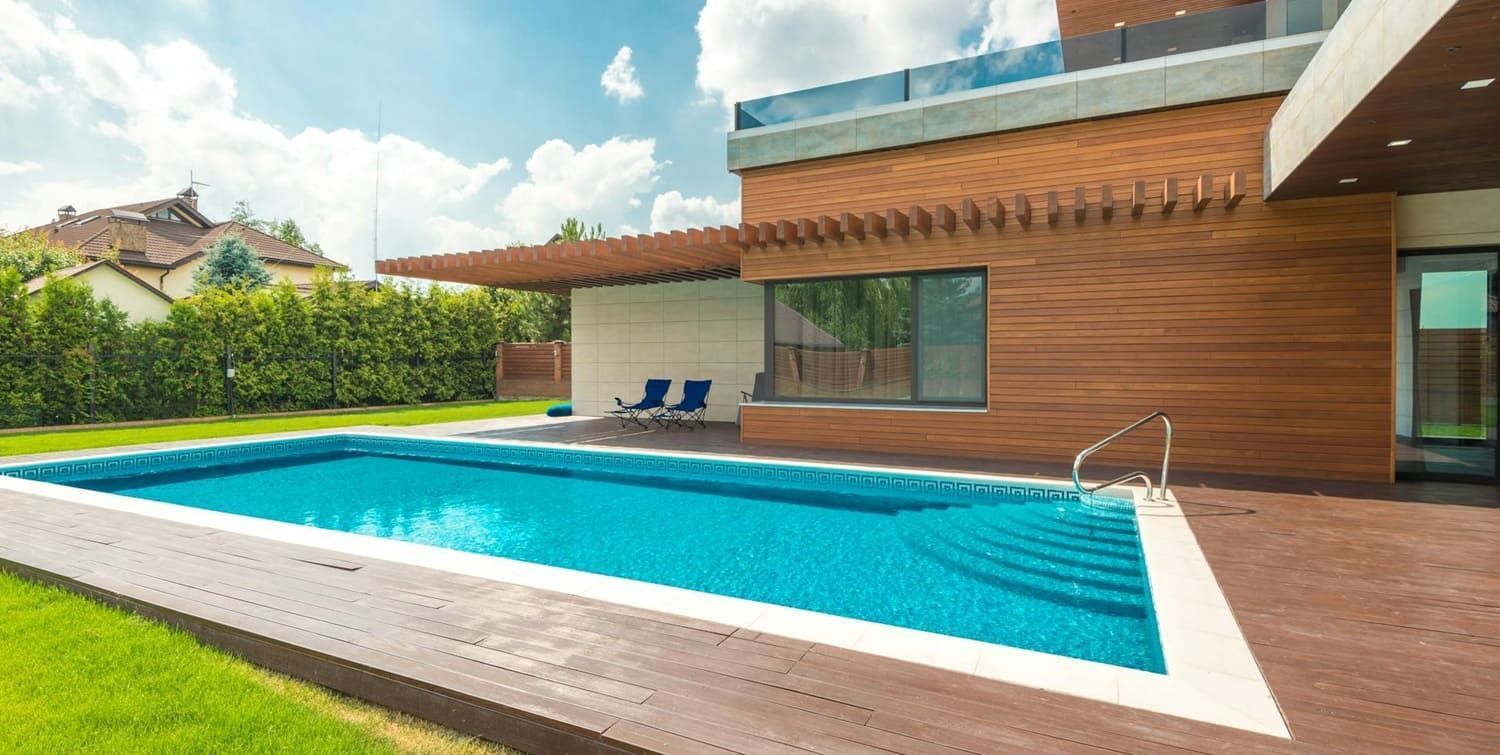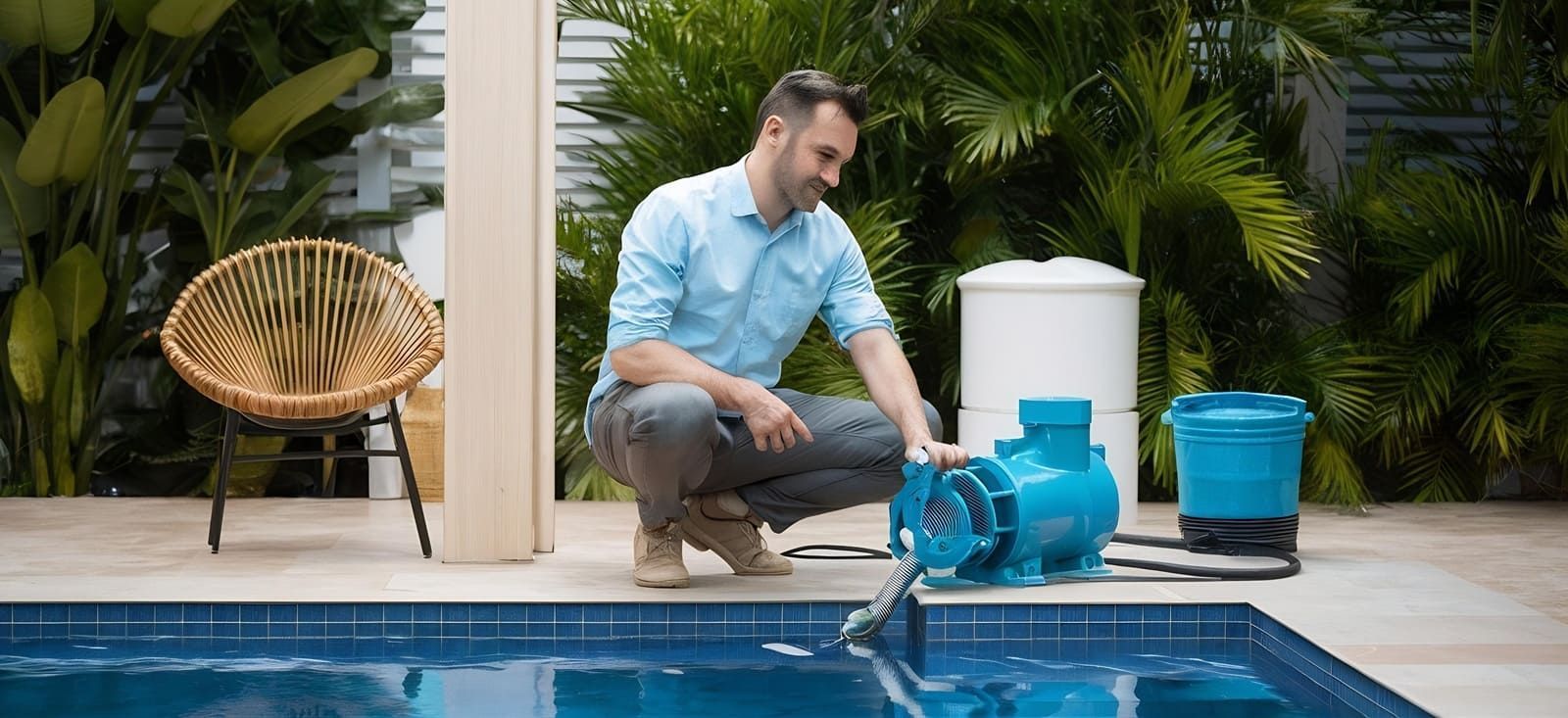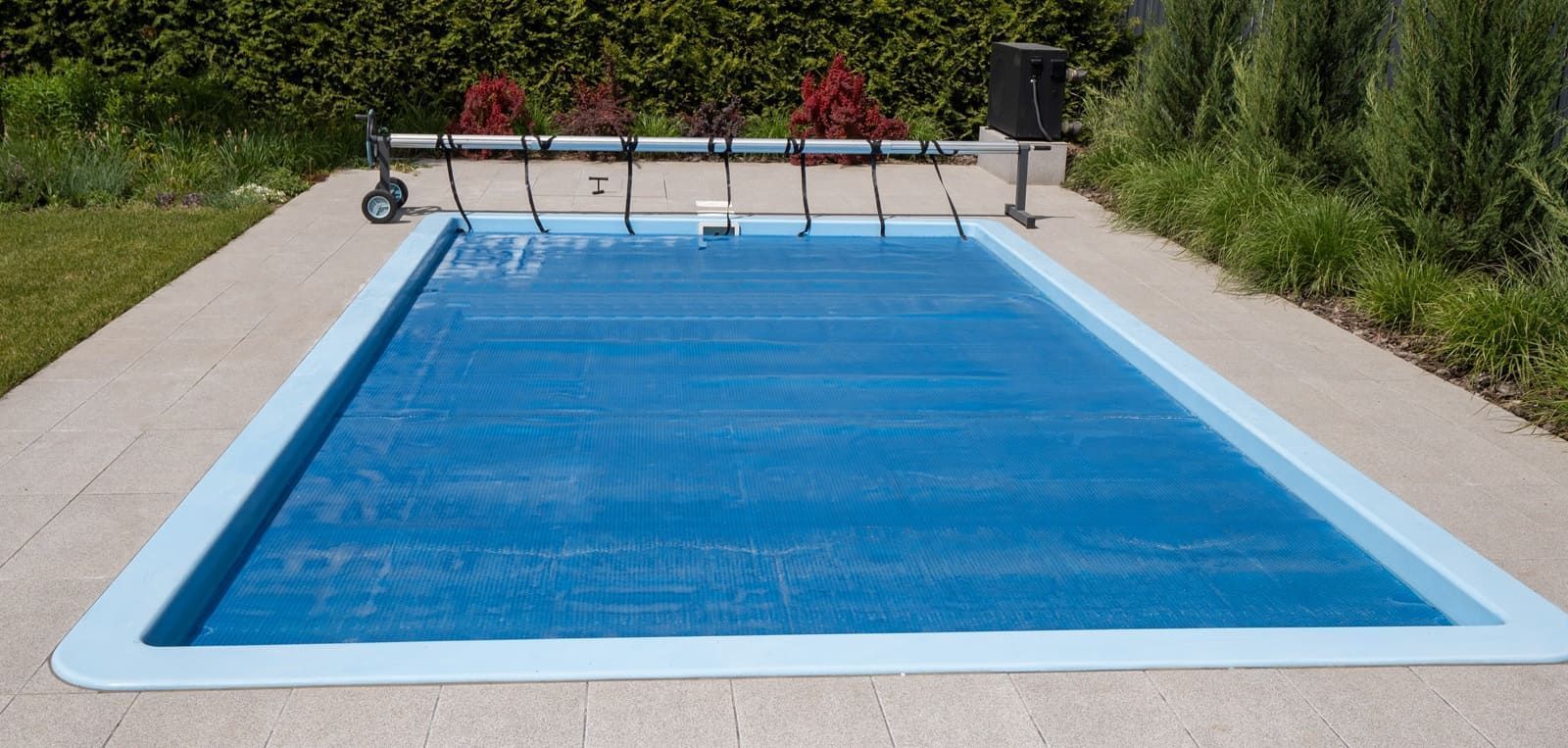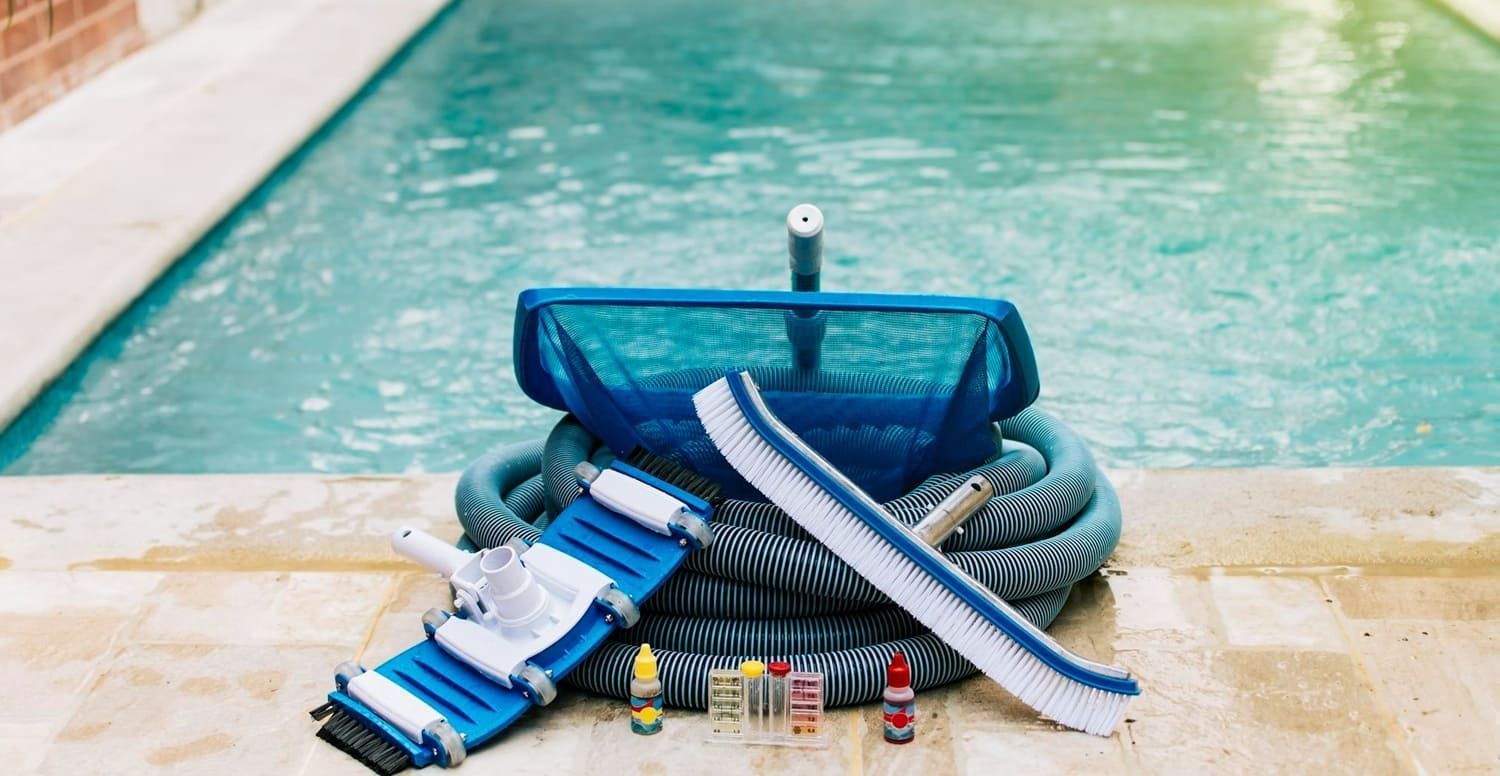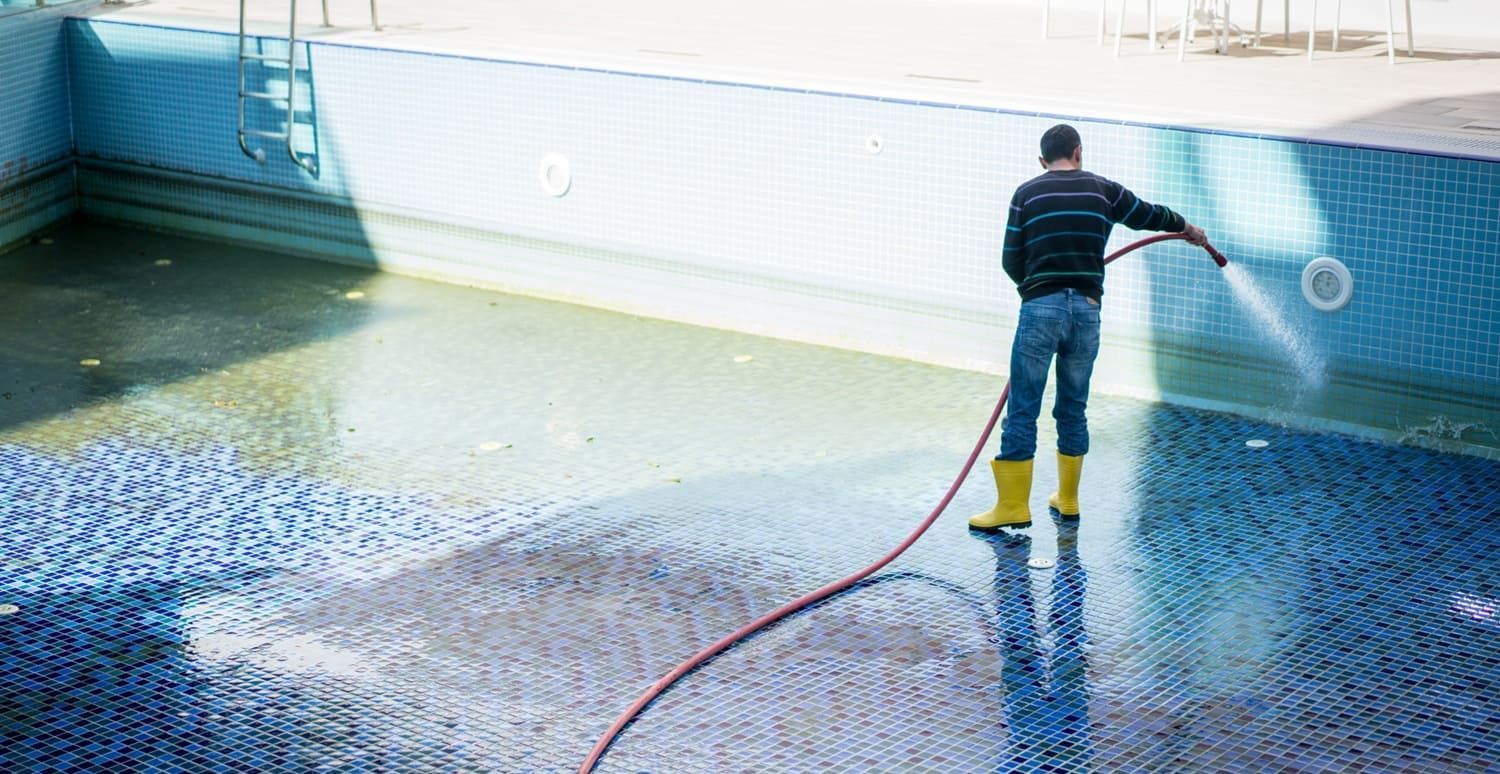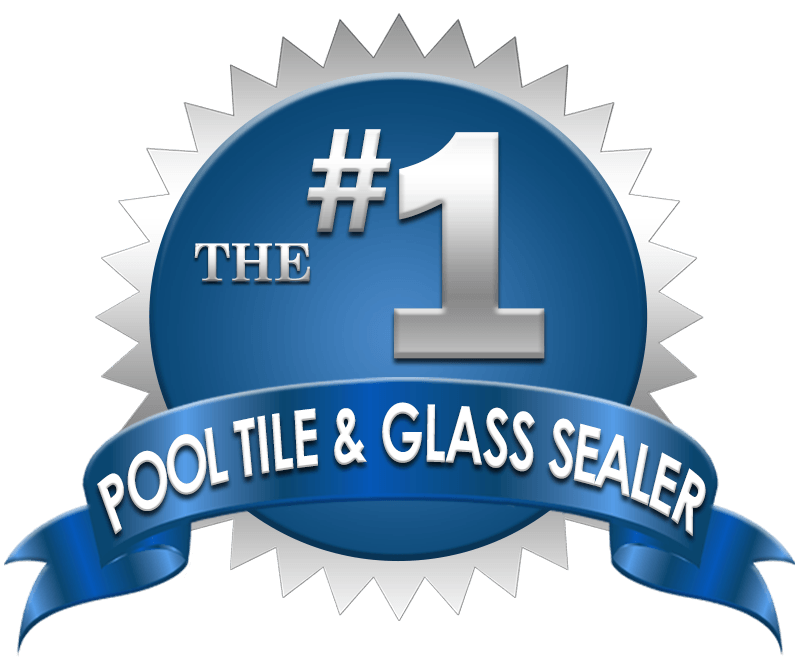Salt Water Pool vs Chlorine Pool: Which is More Practical?
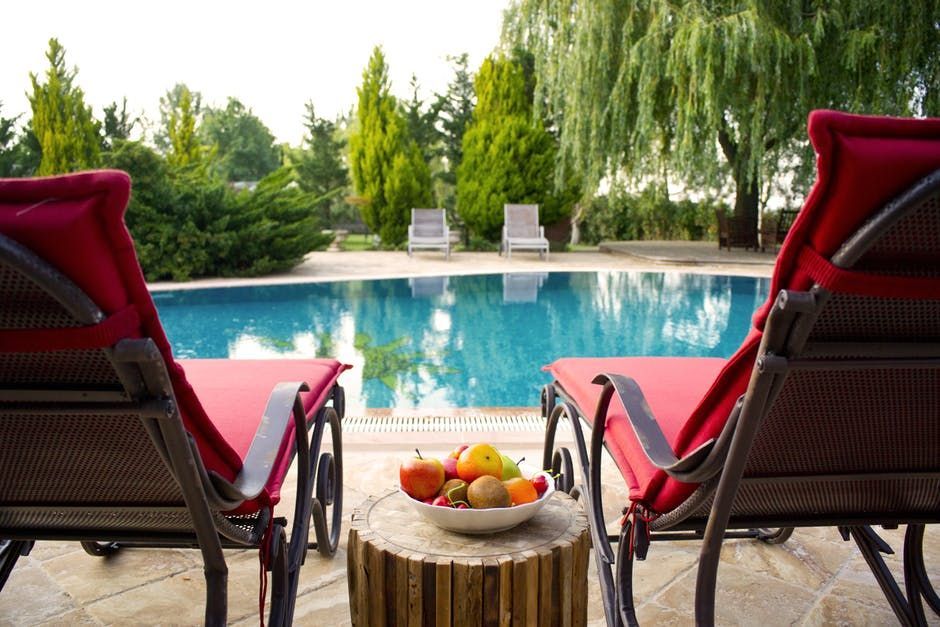
Saltwater Pool vs. Chlorine Pool
When deciding between a salt water pool vs chlorine pool, there is no right or wrong answer. You have to consider your budget and how much time you are willing to dedicate to the pool.
Once you have those answers, the right choice may seem a little more obvious.
Saltwater Pool
Saltwater pools do still have chlorine in them, however, the amount of chlorine that they have is much lower than a regular chlorine pool.
Another difference is that the chlorine in a saltwater pool isn't added by you or a pool maintenance person. The salt generator actually makes the chlorine through a process called electrolysis.
The lower chlorine levels in the pool will actually help out your skin and not dry it out as much.
There are some benefits to installing a pool with a saltwater generator.
Generally, these pools require less maintenance than a chlorine pool. As we said above, it will also be better for your skin because of the lower chlorine levels.
When you get out of the pool, you also won't have as difficult of a time getting rid of the smell of chlorine.
If you are planning on keeping your pool for a long time, then this may be a better bargain for your budget. The saltwater generator may cost a lot when you first buy it, but it will save you money in the long run because it's cheaper than buying the chemicals to put in the pool.
Saltwater pools are also generally the cleaner of the two. Having a salt water pool could also be safer than having a chlorine pool. That's because, with a salt water pool, you don't have to store all the harmful chemicals that are needed with a chlorine pool.
However, there are some disadvantages to owning a saltwater pool. If you aren't planning on keeping the pool for a long time, this may not be the best decision budget-wise.
The generator does cost a lot of money, and you will also have higher utility costs from having the generator running for a good portion of the day.
While there is less chlorine, there is more salt, and the salt can start to erode part of your pool, like the lights for example. You can avoid these issues by putting in lights made for saltwater pools.
If the salt water gets on your patio, it can also damage the tile. That is why it's important to have a sealant if you are going to install a saltwater pool.
Finally, saltwater pools can be more difficult and harder to manage, so you will most likely have to hire a professional to fix it if something goes wrong.
Chlorine Pool
Chlorine pools are more traditional and are also cheaper than most saltwater pools. However, they can be more difficult to maintain over time.
Because there is no generator making chlorine, you will need to add chlorine into the pool on your own. You will also need to make sure that the pH level is correct so that it can keep your pool clean.
You could always hire someone to take care of this part of the pool for you, but if you don't, you will need to keep the chemicals for the pool somewhere nearby.
While the chlorine levels will be higher than the saltwater pool, these are also the cheaper option. If you aren't going to have the pool for very long, this might be your best bet.
Chlorine pools do have their advantages. They are cheaper, especially in the beginning. While they are cheaper because you don't have to pay for a generator, you also won't have to pay the utilities for a running generator.
Saving money may be one of the biggest motivators for getting a chlorine pool.
Having a chlorine pool is also the easiest way to disinfect the pool water. Chlorine is great at killing bacteria and other harmful things in the water, and if your pool looks dirty, you can just add some chlorine into it.
Chlorine pools are also easier to fix if something goes wrong. They've been around for a while, and most pool companies will know how to fix them or maintain them.
You won't have to install anything extra or special into your pool either because there will be no salt water to corrode or destroy the equipment.
Cons
Some of the disadvantages of a chlorine pool are that they can be more damaging and harmful to the swimmers' skin and eyes. There are higher chlorine levels in a chlorine pool than salt water, and this can dry out skin faster and irritate eyes.
You will also have to dedicate a lot of time and energy to maintaining a chlorine pool. Because there is no generator to automatically put chlorine in the water, you will need to add it yourself. That means you will have to keep constant track of what the chlorine levels are.
If this is too much work for you, you can always hire a pool company.
Plan Your Own Pool Today
It can be difficult to decide between a salt water pool vs chlorine pool.
The decision ultimately comes down to how much money and time you are willing to dedicate to the pool.
If you have questions about which pool you should install, don't hesitate to contact us.
Recent Posts
